- The UK government says it has "no plans to repeal the Online Safety Act" despite growing concerns
- The laws are designed to make the internet a safer place, especially for children and vulnerable adults
- Mandatory age verification checks have been enforced since July 25, sparking concerns over web users' digital rights
The UK government says it has no plans to repeal the Online Safety Act, as opposition to it grows in the wake of the introduction of online age verification checks.
A petition calling on the government to scrap the Act has amassed over 450,000 signatures in just a few days. While the Act became law in 2023, the backlash has been sparked by the recent introduction of age verification checks for users of many websites.
From July 25, Britons need to go through robust mandatory age checks in order to access adult-only websites and any potentially harmful content online.
While the government says the laws are intended to protect both children and adults who use the internet, critics argue that they have serious implications for people's privacy, online security, free speech, and access to information.
The UK Government has responded to the petition with nearly 400,000 signatures to repeal the Online Safety Act.They have no plans to repeal the online safety act pic.twitter.com/m6UeVRfWg1July 28, 2025
The UK Parliament must consider a debate on any petition that gets more than 100,000 signatures. However, responding to the petition, the UK's Department for Science, Innovation, and Technology said: "The Government has no plans to repeal the Online Safety Act, and is working closely with Ofcom to implement the Act as quickly and effectively as possible to enable UK users to benefit from its protections."
It added: "The Government will continue to work with Ofcom towards the full implementation of the Online Safety Act 2023, including monitoring proportionate implementation."
What's behind the age verification backlash?
The Online Safety Act is aimed at making the internet a safer place, especially for children. But many online privacy advocates and security experts fear that the age verification measures in particular may end up doing more harm than good.
You now need to scan your face, a credit card, or an identity document if you want to access certain content on X, Reddit, or Bluesky in the UK, and the same applies if you want to play a new over-18 video game, find a new match on a dating app, or watch a video reserved for adults only. Those platforms have to partner with third-party age verification services to implement checks.
Leaks, abuse, and misuse of data are just some of the risks linked to the mass data collection that age verification checks involve. Some commentators also fear that age-blocking certain content that's deemed harmful could lead to limitations on free speech and access to information.
"While the intent to protect kids is understandable, the execution raises serious concerns around privacy, censorship, and, functionally, whether it even works," Yegor Sak, co-founder and CEO of Canada-based Windscribe VPN, told TechRadar.
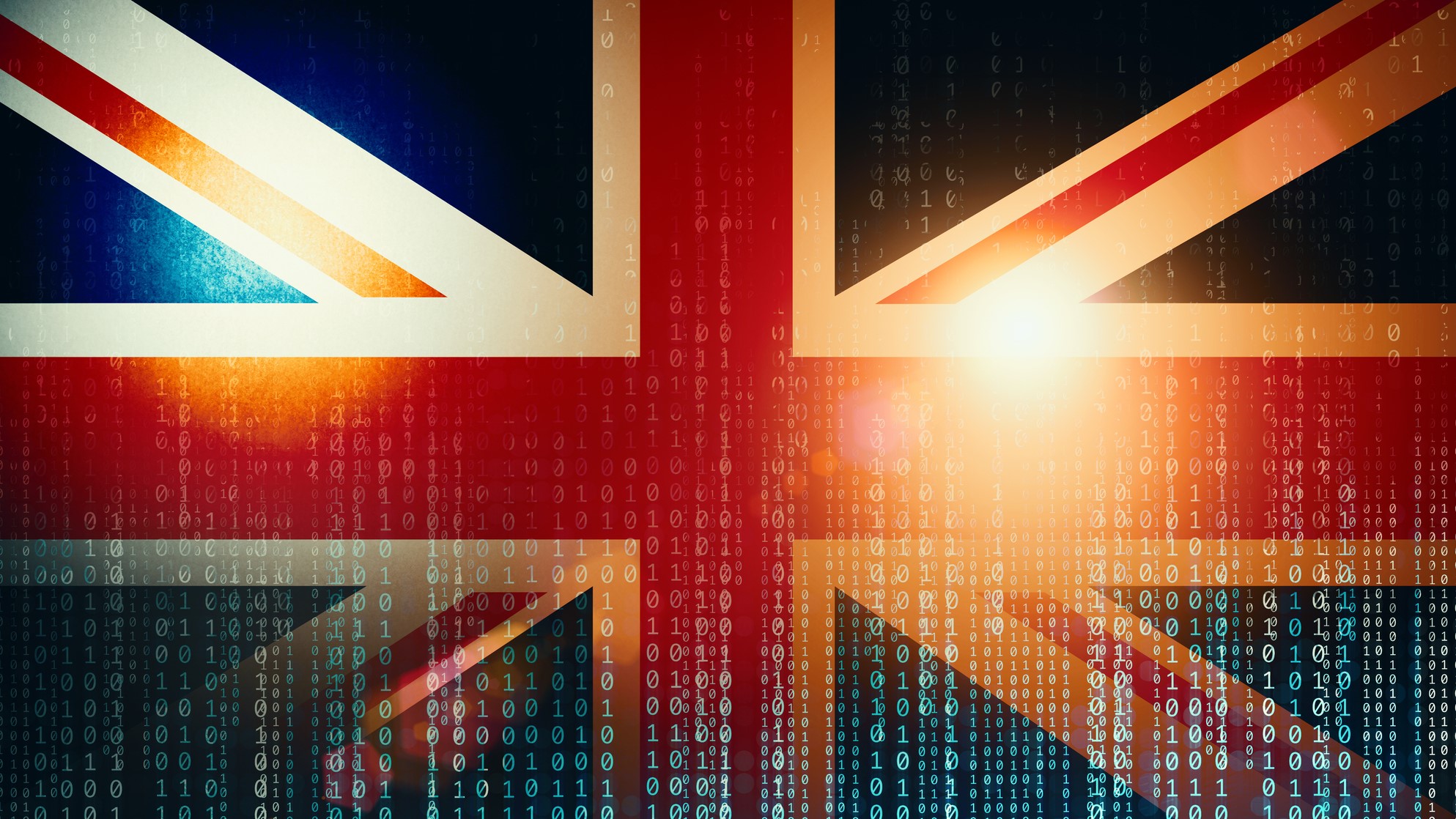
Such concerns have led thousands of people to turn to a virtual private network (VPN) as a way to safeguard their sensitive information. Proton VPN, for example, recorded an hourly increase of over 1,400% starting at midnight on July 25.
If you have concerns over sharing your data online in order to comply with age verification checks, you can use a VPN to keep your data secure. You'll find some reliable options in our best free VPN guide.
However, free VPNs sometimes lack important security features, so for a more robust option, take a look at our best VPN guide. Our top recommendation is NordVPN, and right now, TechRadar's readers can grab an exclusive deal when they sign up for one of its two-year plans.

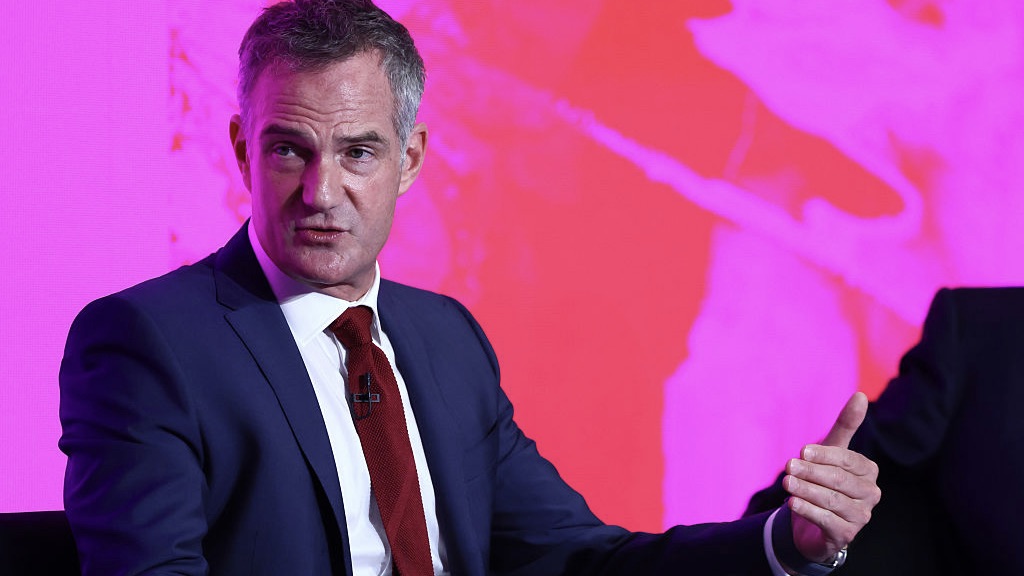
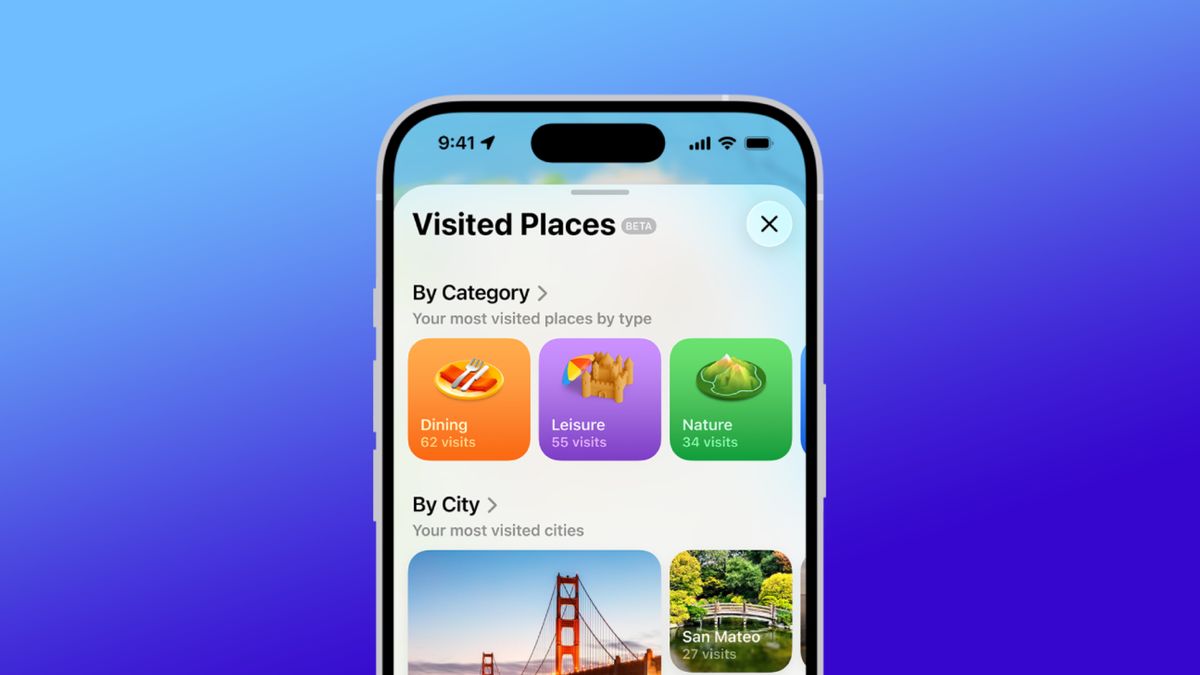

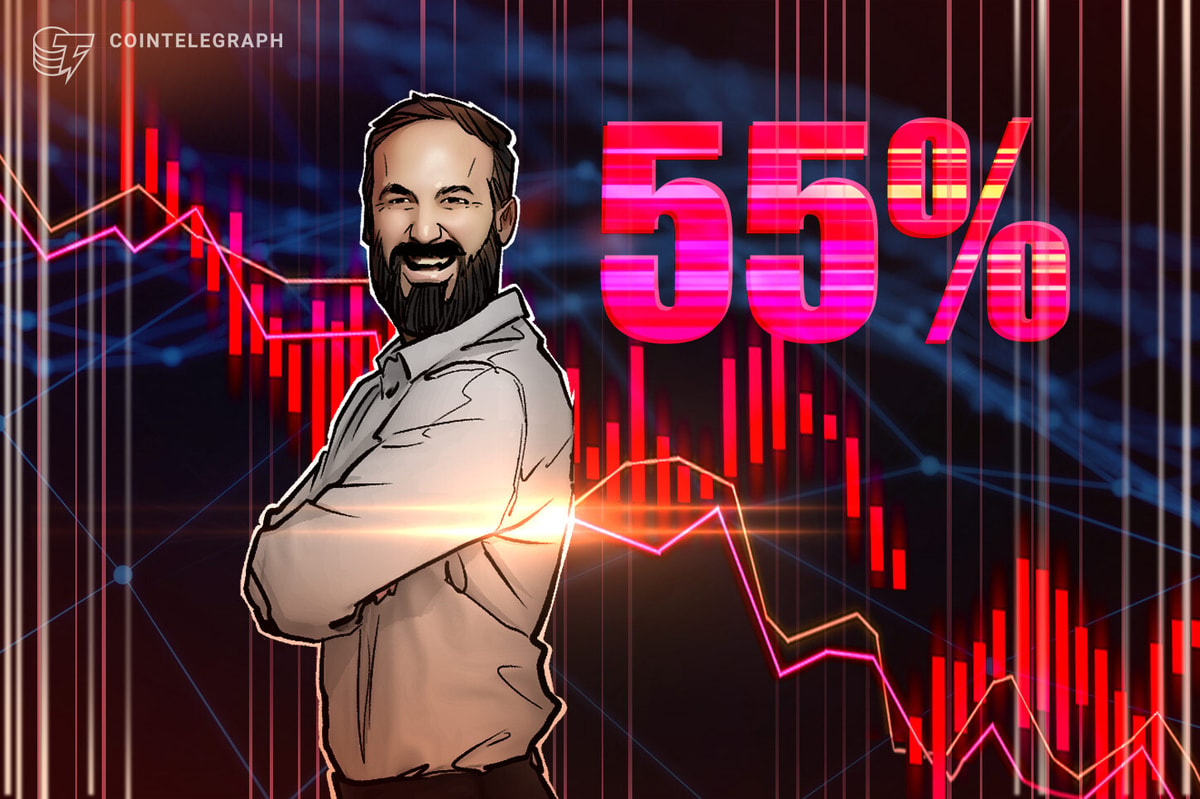
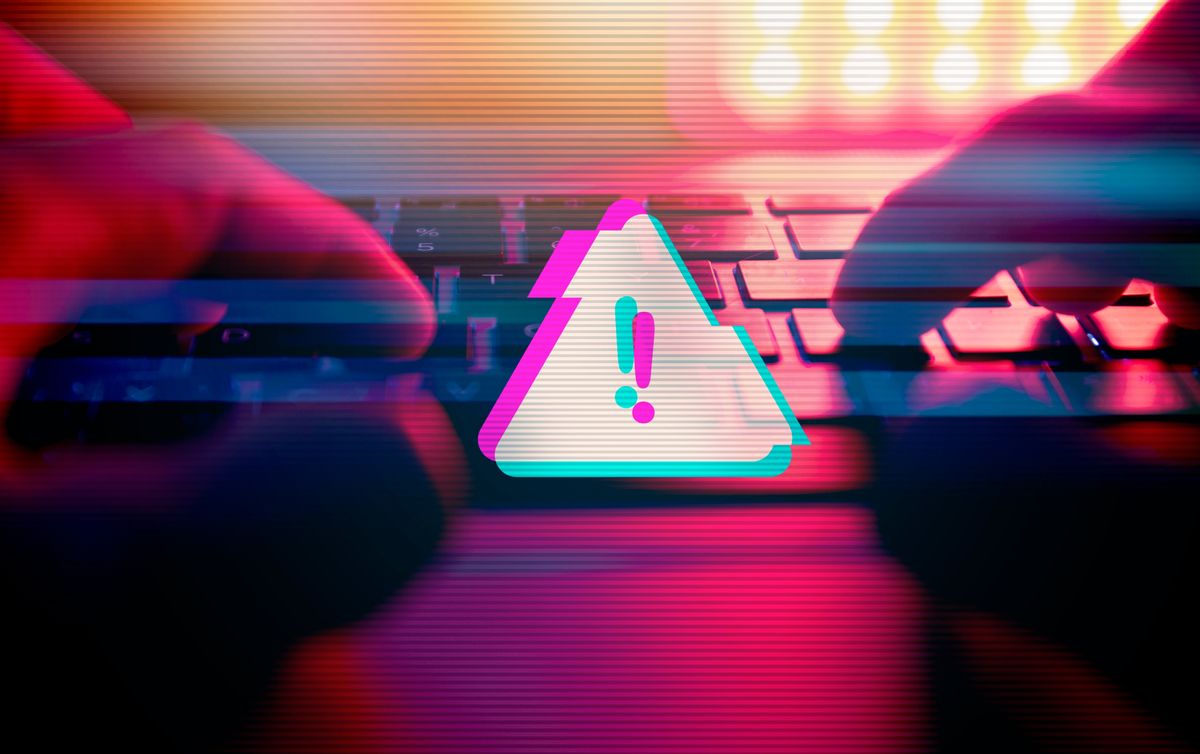



 English (US) ·
English (US) ·